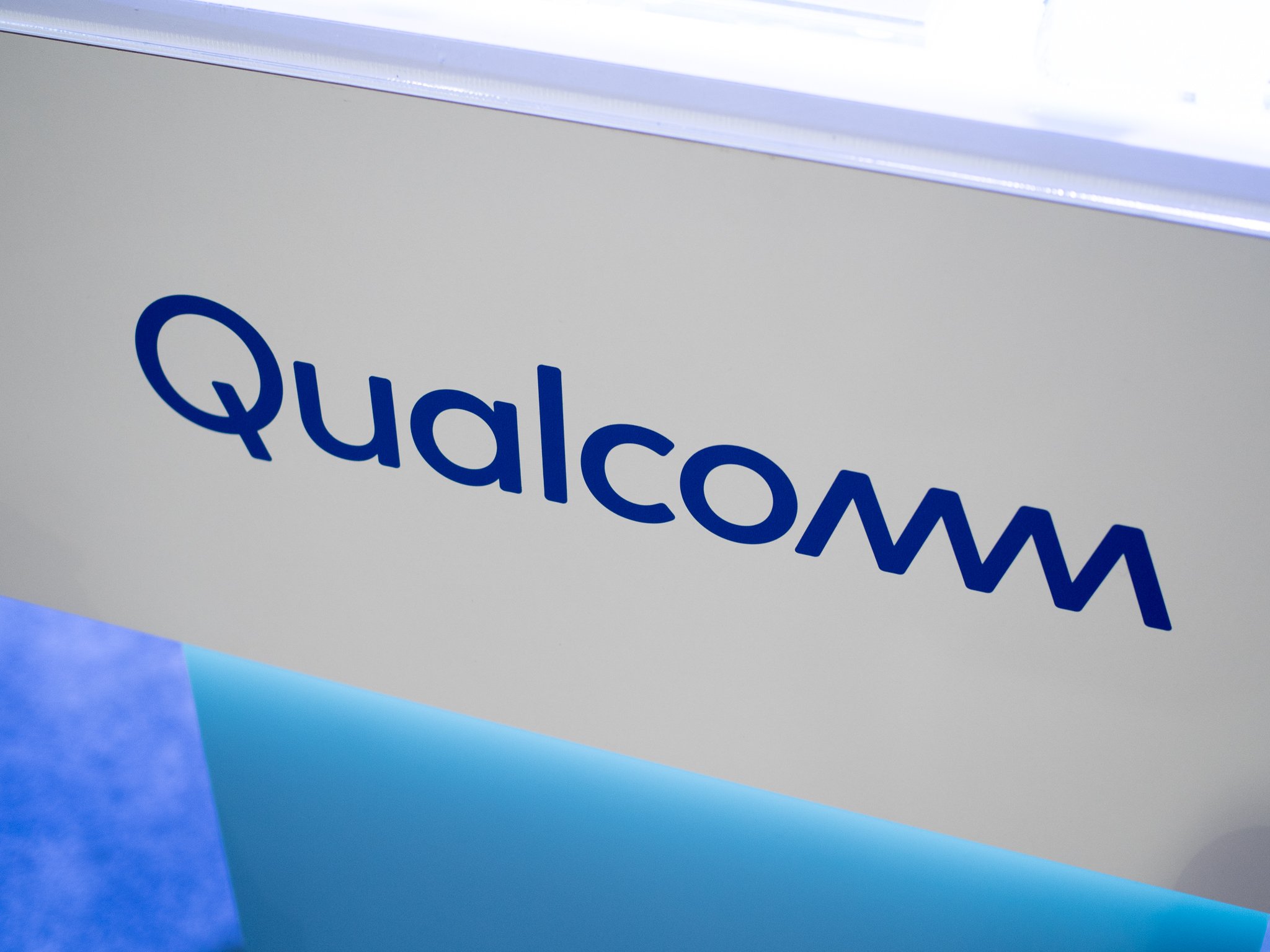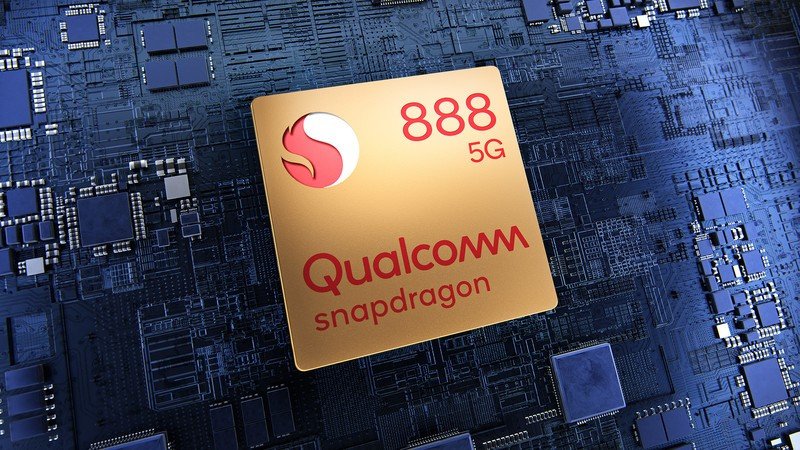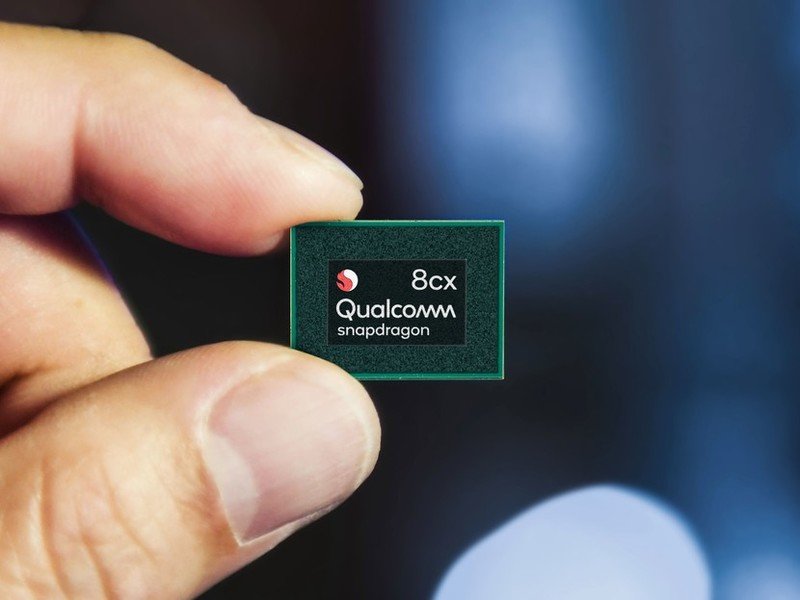Qualcomm buying Nuvia is a bigger deal than you think

Qualcomm recently announced that it intends to spend $1.4 billion to acquire Nuvia, a small start-up that specializes in building high-speed ARM server chips. Any deal of this nature would be subject to regulatory investigation, but this one will get a bit of extra scrutiny — Nuvia was founded by ex-Apple chip designer Gerard Williams who left the company under an agreement that he does not compete with Apple's chip business.
Building servers was fine with Apple because the company doesn't try to make any serious gains in that market. Instead, it spends resources on chips for consumer electronics, like phones or laptops. And it just so happens that Qualcomm has said the acquisition of Nuvia will provide tech for high-end chips for consumer electronics like the best Android phones as well as servers and self-driving cars.
The deal itself may be clouded by Apple's lawsuit against Williams and Nuvia, but I really don't think the sole purpose of trying to "disrupt Apple's business model" is in play here. Qualcomm does not want to make something just like Apple's A-series mobile chips. If it did, it would already be doing it. Qualcomm wants to win the fight when it comes to laptops.
Plenty of big-tech companies build servers now.
Name a tech company besides Apple and you'll likely name on who does build its own ARM server chips. Google, Samsung, Amazon, Facebook, you name it — they build them. That's because building and designing a high-performance ARM chipset isn't near the impossible side of the difficulty scale. I'm not taking away from the geniuses who are working to design ARM chips — they all know that things really get hard when you are stuck using battery power.

That's where Apple has spent a good bit of R&D to build mobile ARM chips that are very powerful, even when compared to the latest chips from companies like Intel or AMD. But so has Qualcomm, though the two companies have very different business models.
Apple and Qualcomm have very different business models when it comes to making smartphone chips.
Apple would be ecstatic if every iPhone used the best and greatest A-series chip. To the company, the costs of adding a powerful ship to a "budget" class phone is outweighed by having a single model of SoC to build and maintain, as well as handle supply chain and production issues. This type of forward-thinking likely continues in it's new M-series ARM MacBook chips. One model, powerful enough to do everything actually saves a lot of money in the long run.
Qualcomm doesn't make the products that use its chips. It builds chips for mobile devices that its customers — companies like Samsung, Dell, HP, LG, and every other name in consumer electronics you can think of — want. And Samsung or Dell or whoever does not want to spend the money to buy something overpowered like an Apple A-series mobile chip. Companies building phones and other mobile products only want a chip that's strong enough to do whatever they need it to do today and that's why the Snapdragon line of mobile chips is so popular and successful.
Be an expert in 5 minutes
Get the latest news from Android Central, your trusted companion in the world of Android
Maybe Qualcomm wants to get into the server CPU market. It's surely pretty lucrative, especially if you are already known as a company that can build chips to order that are exactly what you need. Maybe.

What I think Qualcomm wants to do here is borrow some of the core design magic to boost its Snapdragon chips for phones and tablets, but mostly churn out a new breed of mobile chip designed for something like an ultralight Windows laptop or a high-end Chromebook.
In my eyes, this move is 100% about the future of mobile computing and 5G laptops powered by Snapdragon chips.
Grabbing up a company headed by an ex-Apple ARM chip designer would be a really good way to get started. Being able to partner with Microsoft, Google, Amazon (who would love to have a FireBook laptop) and build chips that have the power to do exactly what an operating system needs to do and do it the most efficient way possible is how and why Apple's M-series chips are so good when they are inside an Apple laptop.
An ARM chip designed with Microsoft and built for a Surface book, or a project with Google for an all-new class of Pixel is what Qualcomm sees in its headlights. That's the only thing that makes sense.
And Apple is right to be pretty upset about it. Expect some courtroom drama with this one folks.

Jerry is an amateur woodworker and struggling shade tree mechanic. There's nothing he can't take apart, but many things he can't reassemble. You'll find him writing and speaking his loud opinion on Android Central and occasionally on Threads.
